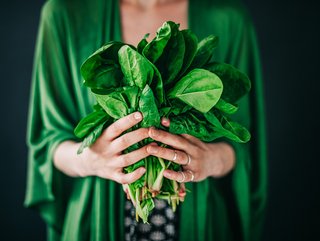Climavores and the rise of the climate conscious eater

We have entered the age of the ‘climavore,’ a noun meaning that we choose our diets according to their impact on climate change. This is a trend that is very much on the rise, according to a report by Kearney, the consultancy firm out of Boston.
The report found upon polling 1,000 US consumers that, by 2030, the majority of routine food choice decisions will be (voluntarily or not) made in accordance with climate consciousness.
What defines choice?
Two factors were identified as important in food choice decisions: precursors and the so-called ‘Moment of Truth.’
Precursors have three drivers: access and the ability to find and prepare food was incredibly influential in people’s choices, after 77% of respondents admitted it was so. Following that, 46% said that culture, taste preferences and familiar connections dictate what is eaten.
The ‘Moment of Truth’ refers to what consumers do in the actual moment of consumption – the decision made at the spur of the moment.
In terms of environmental impact, this is a growing concern, but it is not even distributed: at grocery stores, 27% check for this factor, a number that goes down to 15% at restaurants and 21% for online food.
The rise of the climavore
Climavores approach things slightly differently. They choose foods less defined by ingredients (so unlike vegans) and more in line with climate impacts, that is, dietary trade-offs intended to benefit the planet.
How does this look in practice? Switching protein sources – from meat to soy, for instance. If they stick with meat, they it in terms of scale, with beef, lamb and cheese at the top, pork in the middle, and chicken and eggs at the bottom.
As these trends pick up steam, the report sees climavores becoming a majority. The one lingering question follows: how much of this will be a personal choice, and how much will be forced on them by the actions of the major food producers.
Already, major ones of these – among them Tyson, Cargill, JBS, Nestle and Kraft Heinz – have started announcing greenhouse gas reduction targets in an effort to sway customers.






